Should You Buy a Car with All Cash, Even If You Can?
In March, an article about a highly successful freelance writer went viral. The best part? She purchased a $50,000 Jeep in all cash. If anything, it just goes to show that taking your own path in life can get you extremely far. But is it a good idea to buy a car with all cash?
The perks of buying a car in all cash
Aside from the obvious bragging rights that come with buying a car in full off the lot, there are a few other added benefits.
- You’re not in debt. Even though a car loan is largely considered to be “good debt,” some people may have debt-related trauma that makes them extremely wary to take out a loan if they don’t need to.
- You don’t have to pay interest on the car. According to Value Penguin, the average auto loan lasts for 60 months (or five years). Over the course of this time period, you’re paying an average of 5.67% in interest.
- Restricting yourself to an all-cash purchase might actually keep you from going overboard on a luxury vehicle. If your cash is your budget, then you can’t go over it.
- You’re not borrowing for a depreciating asset. A vehicle is extremely depreciative—which means that it loses quite a bit of value. Most of the depreciation occurs in the first three years. When it comes time to sell your vehicle, you’ll get more return on your investment than if you had spent on interest rates.
The downsides: When you may not want to buy a car in all cash
If you get a 0% APR financing deal, then buying in all cash might not be smart. To get the most bang for your buck, you should take advantage of the interest elimination and invest your money conservatively in the meantime. You can use a really safe mutual fund, money market fund or target date fund as a low-risk option.
Other special deals from the dealership might also make you rethink your decision to buy a car in all cash, so take them into consideration before finalizing your purchase.
For some, spending tens of thousands of dollars in cash is no skin off their back. For others, it’ll drain their savings. Don’t spend your emergency fund on a car if you don’t have to, especially in an era when the employment landscape is so uncertain.
Don’t want to use cash? Consider this alternative
You don’t have to set up a five- or seven-year loan repayment plan for your vehicle. You can usually squeeze that time horizon down to just 36 months or three years. Your monthly payments will increase but you’ll pay a lot less in interest.
Reserve your cash in a high-yield savings account. When federal interest rates increase, high-yield accounts typically compound by a few percentage points each month, so you may actually make more money by taking this route if your vehicle interest rate is low enough.
While federal interest rates are down, so are high-yield savings account yields. In that case, you can use a tool like Yotta Savings to safeguard your money while still earning some bucks.







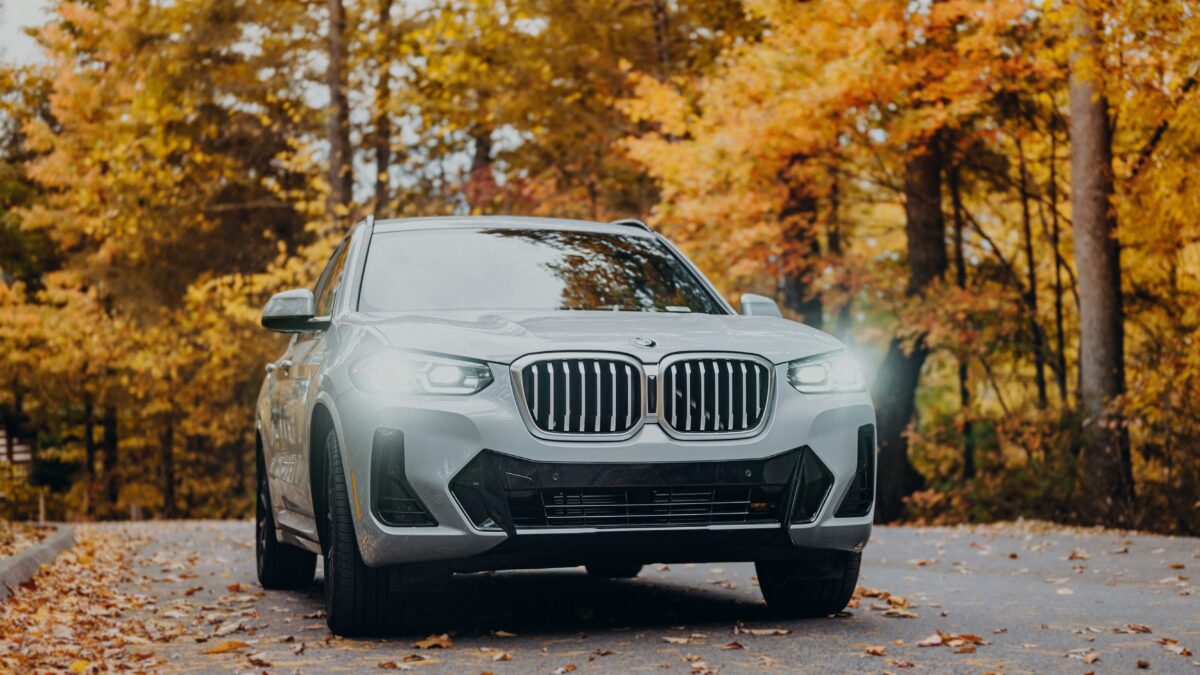
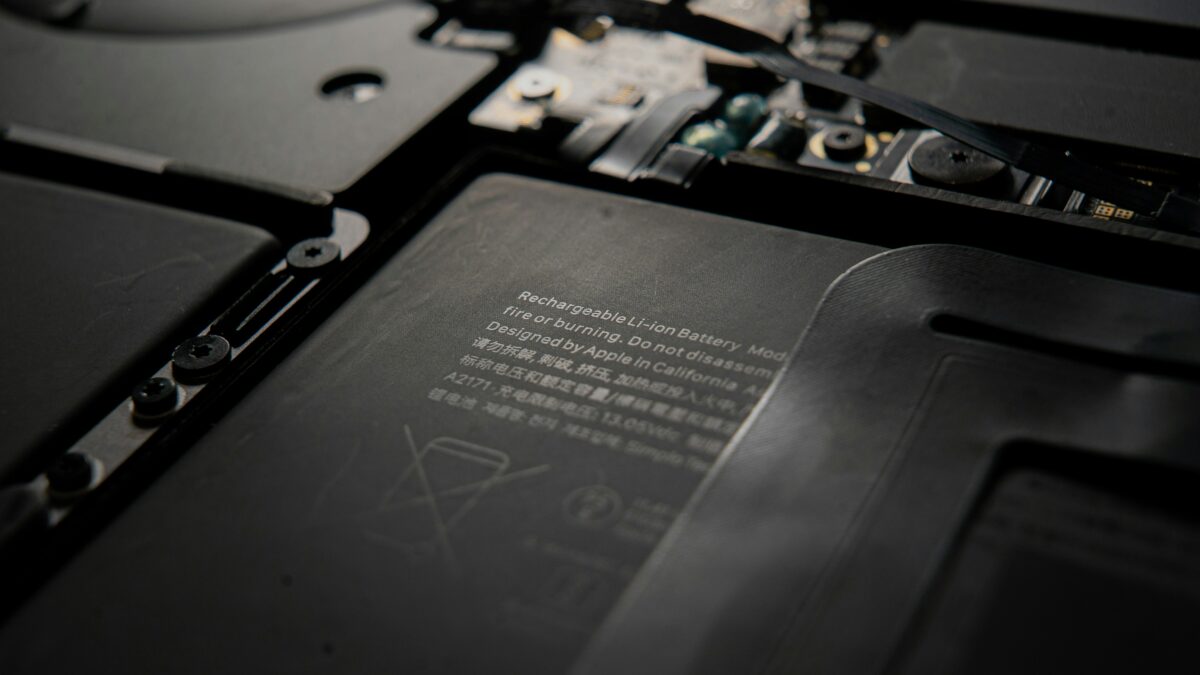
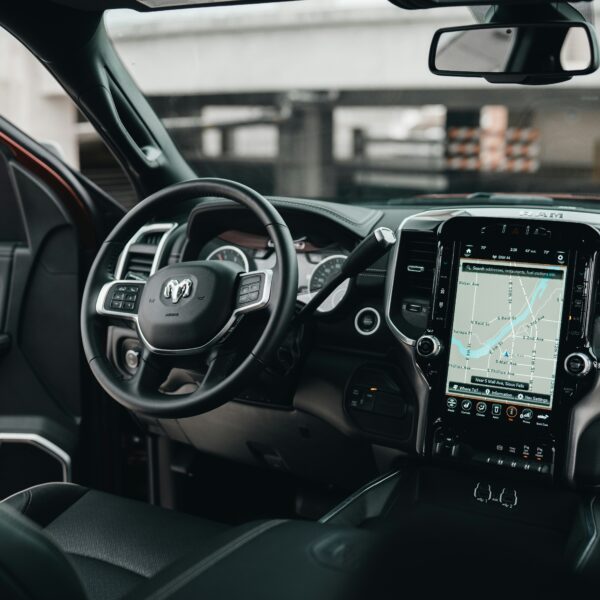
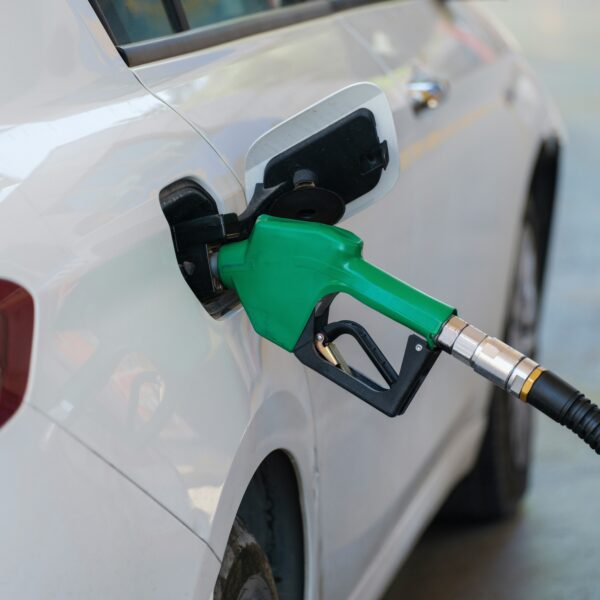
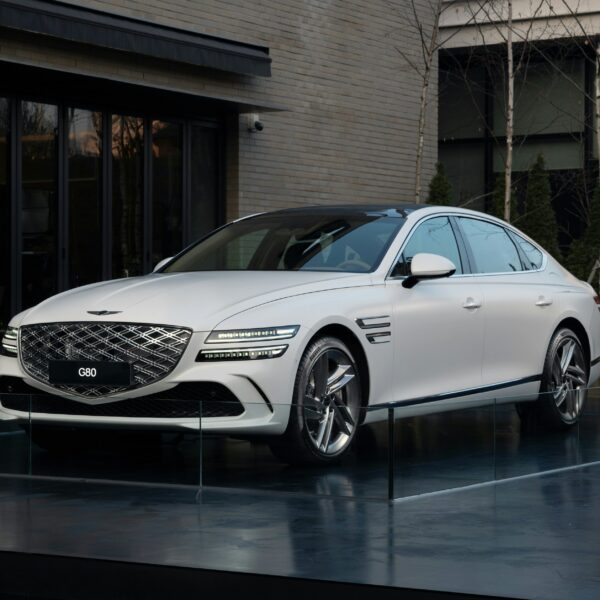


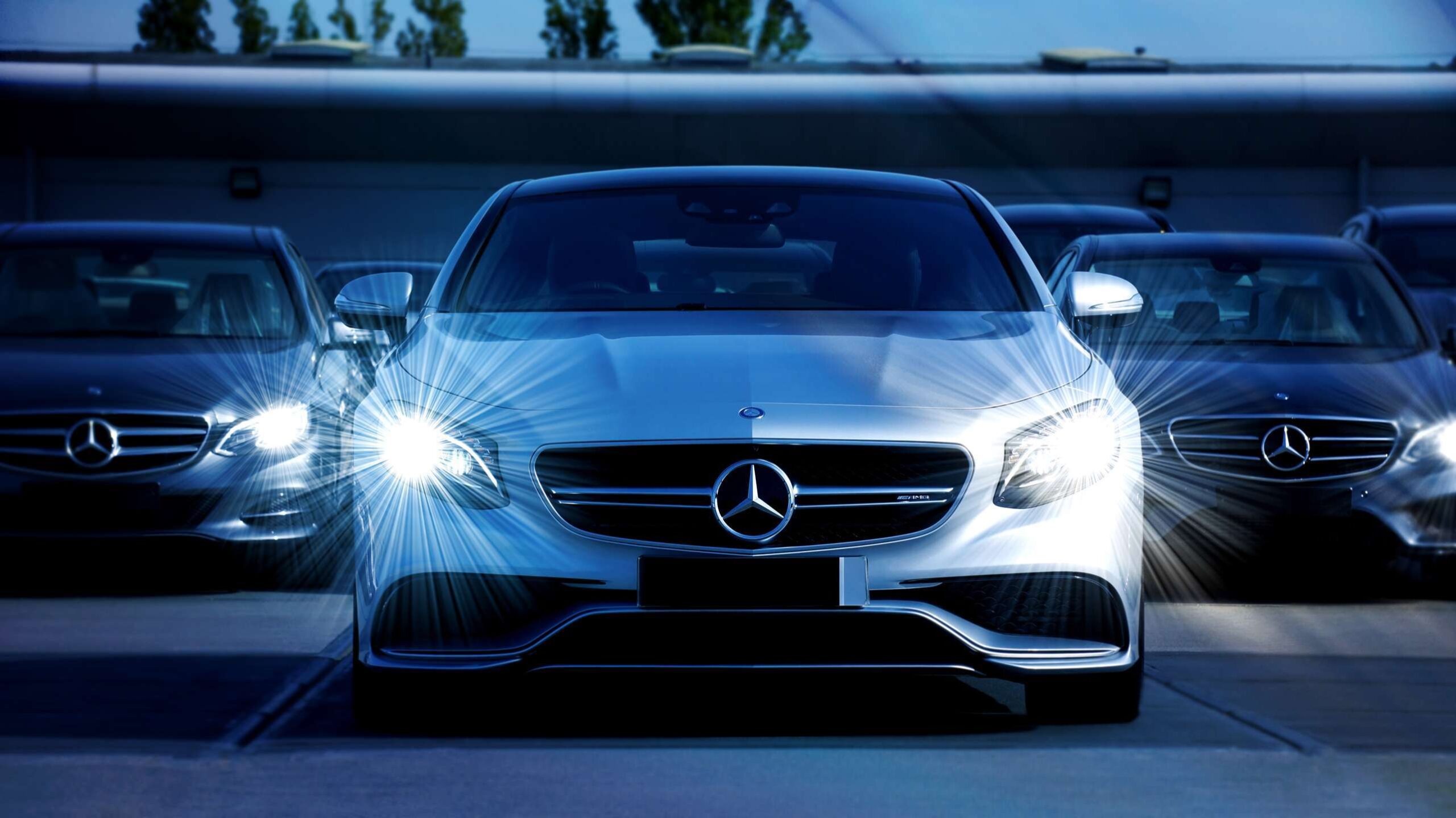
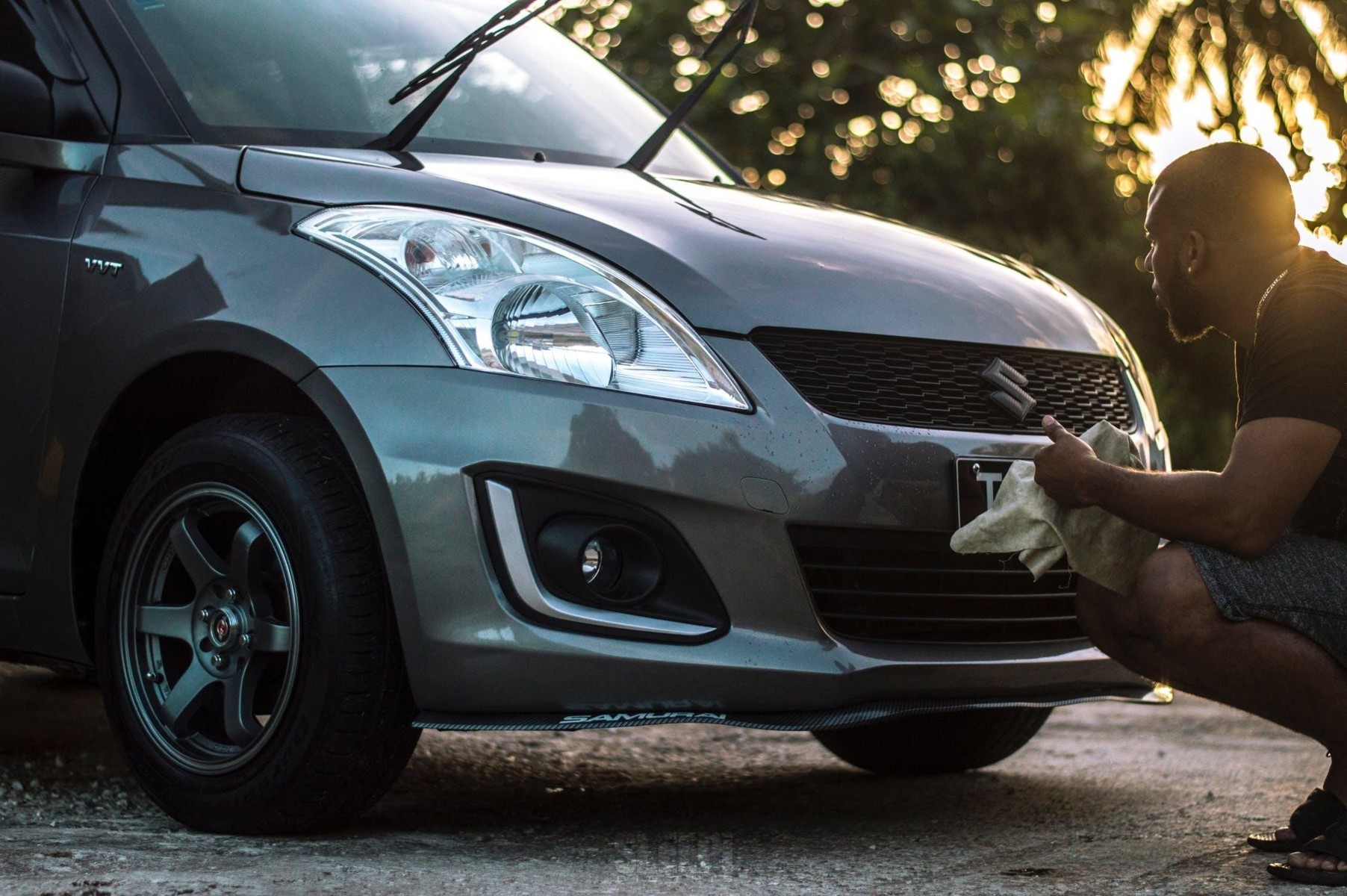
Buying all cash is good if the vehicle is not that expensive. However, if you’re looking to build credit and can get a low interest rate, it’s better to finance. Most people are usually concerned about this being a debt, but if paid on time, this can be a good boost to your credit. Just make sure you’re getting something within your budget.
yes !